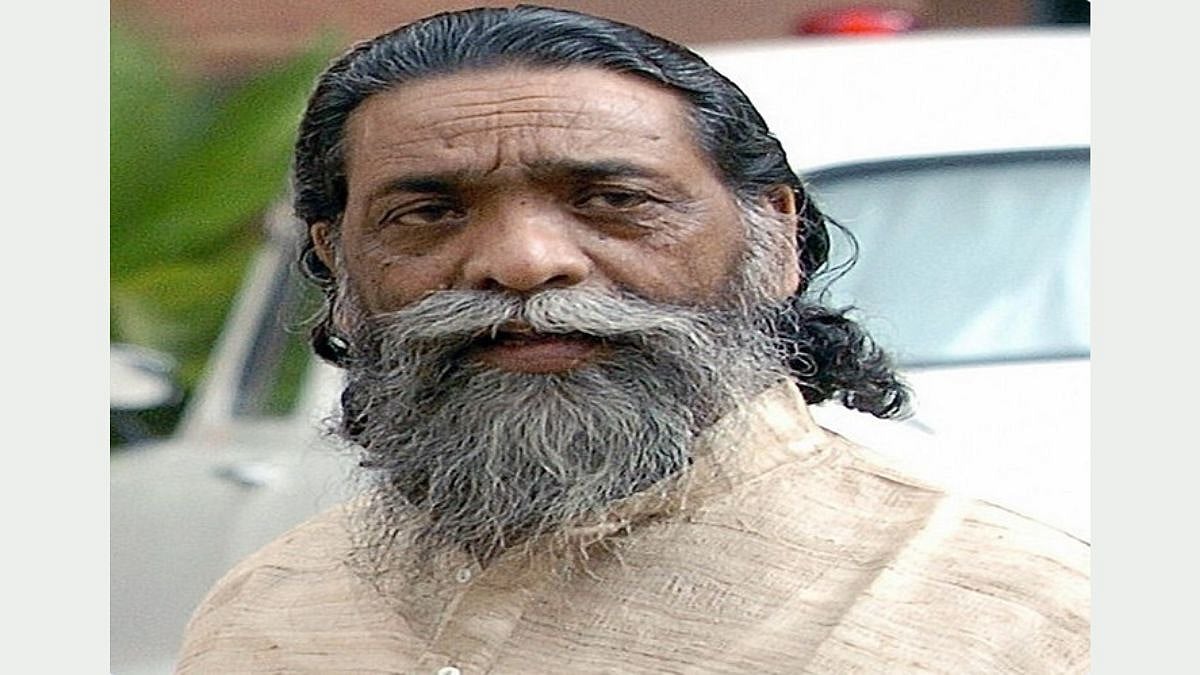Shibu Soren’s Biography To Be Taught In Jharkhand Govt Schools From Classes 1 To 12 Starting Next Academic Year
Shibu Soren’s biography will be included in the curriculum of Jharkhand government schools from Classes 1 to 12. The move aims to educate students about his contributions to tribal rights and Jharkhand’s statehood movement. This initiative will begin from the next academic year across all state-run schools.

Students in Jharkhand to learn about Shibu Soren's legacy as his biography enters the school curriculum |
The government of Jharkhand has decided to include Dishom Guru Shibu Soren's biography in the curriculum of government schools from Class 1 to Class 12. The decision is to educate students about the life, struggles, and achievements of the great tribal leader who contributed significantly to the formation of the state.
As per Umashankar Singh, School Education and Literacy Department Secretary, the updated syllabus will have content specific to every grade level. Whereas his name had once been included in some textbooks, under this new plan, he will be featured further through planned lessons focusing on various aspects of his legacy, according to the media reports.
Curriculum to Be Tailored for Each Grade
For the lower classes 1 and 2, his story will be presented to them in the form of Chitrakatha (told pictures). His attempts at nature conservation will be taught to Class 4 students through poems and stories.
By Class 6, the emphasis will be on his anti-drug abuse campaign and the self-governance call that later led to the formation of a demand for an independent Jharkhand state. Class 7 students will be introduced to his attempt to spread education through night schools.
ALSO READ
In Class 8, students will study his social reform movements, such as his anti-moneylenders' campaigns, in Hindi and social science. For Classes 9 to 12, the curriculum will deal with his 16-point programme, political career, and activism to safeguard jal, jungle, and zameen (water, forest, and land), including in Hindi, English, and Urdu textbooks.
Approval and Implementation Timeline
The revised content draft will be finalised by August 31 and then sent to NCERT for its nod. SCERT controls the curriculum for Classes 1–8, whereas NCERT guidelines prevail for Classes 9–12, with states allowed up to 20% local modifications. The new curriculum is to be implemented from the next academic session.
RECENT STORIES
-
-
-
-
-